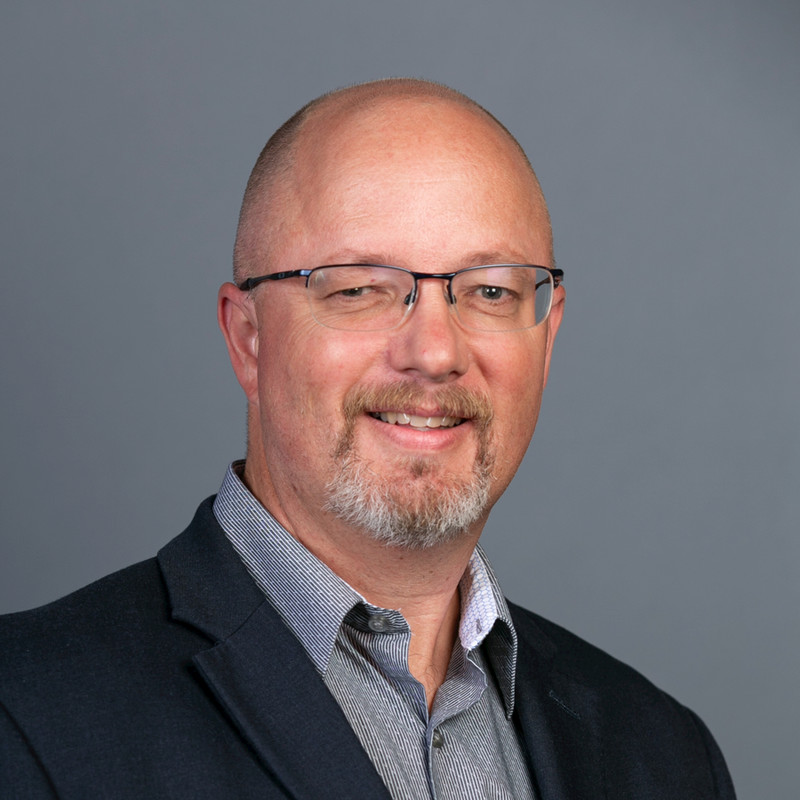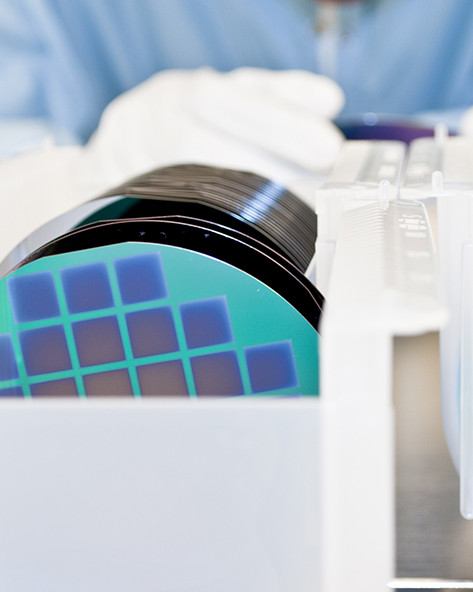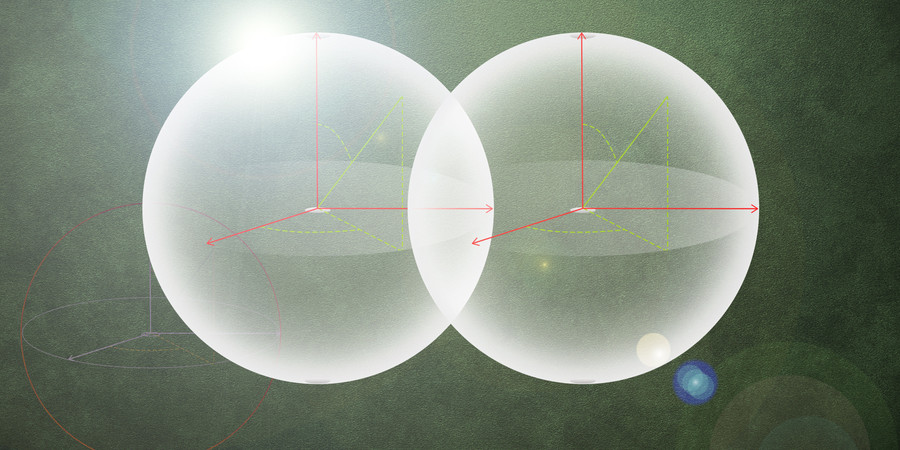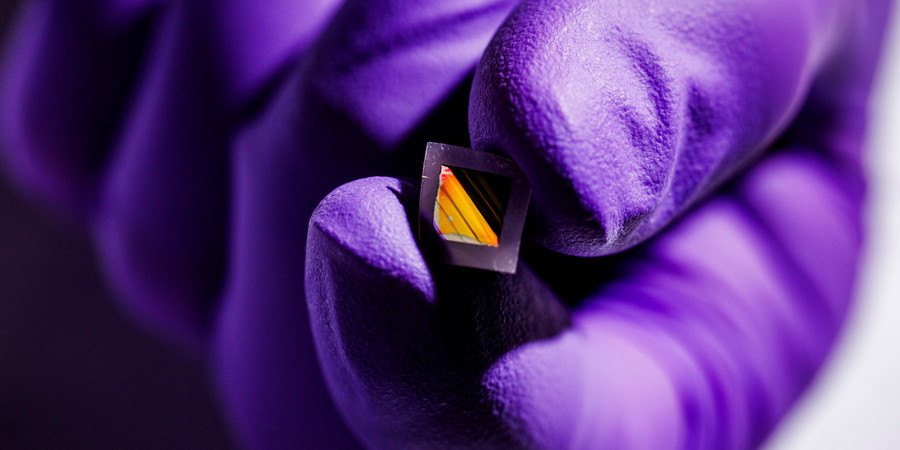Wednesday, April 20, 2022 | 12:00pm ET
Speaker: Steven Kosier, Sky Water Technology
Please use this link to view the recording of this Microsystems Technology Laboratories (MTL) Spring Seminar Series event.
Abstract: A dynamic world drives our industry. The foundry segment, to keep up, must embrace new materials, new architectures, heterogeneous integration, and new ways of enabling capability. The 200 mm fab, long obsolete for leading-edge CMOS, nonetheless operates in a sweet spot of cost and flexibility that can support unconventional thinking without the constraints of total automation. We will explore several illustrative case studies, and show how these facilities hold the key to the next waves of innovation using the Technology as a Service (TaaS) model.
 Speaker Bio: Steven Kosier is responsible for forming and managing strategic technology partnerships and alliances, developing Sky Water Technology’s roadmap and IP strategy, and growing the value of the company’s technology portfolio. His background includes 25 years of experience and successive growth in technical, marketing, and business leadership positions. A founding member of PolarFab and Polar Semiconductor wafer foundries, he has developed and transferred to volume production many generations of analog, mixed-signal, and high-voltage technologies for automotive and industrial end markets. Most recently, Kosier was president at Kanomax FMT, a nanoparticle measurement instrumentation start-up with industry-leading resolution down to 2 nm. Kosier is an Adjoint Professor of electrical engineering at Vanderbilt University, where his research interests include radiation effects on microelectronics and semiconductor device reliability physics. He holds 12 U.S. patents and has authored or co-authored over 30 publications in the areas of radiation effects, high voltage and power devices, integrated magnetic sensors, and nanoparticle measurement solutions. Kosier holds a Bachelor of Science degree in electrical engineering from the University of Minnesota and a Master of Science degree and a doctorate in electrical engineering from the University of Arizona.
Speaker Bio: Steven Kosier is responsible for forming and managing strategic technology partnerships and alliances, developing Sky Water Technology’s roadmap and IP strategy, and growing the value of the company’s technology portfolio. His background includes 25 years of experience and successive growth in technical, marketing, and business leadership positions. A founding member of PolarFab and Polar Semiconductor wafer foundries, he has developed and transferred to volume production many generations of analog, mixed-signal, and high-voltage technologies for automotive and industrial end markets. Most recently, Kosier was president at Kanomax FMT, a nanoparticle measurement instrumentation start-up with industry-leading resolution down to 2 nm. Kosier is an Adjoint Professor of electrical engineering at Vanderbilt University, where his research interests include radiation effects on microelectronics and semiconductor device reliability physics. He holds 12 U.S. patents and has authored or co-authored over 30 publications in the areas of radiation effects, high voltage and power devices, integrated magnetic sensors, and nanoparticle measurement solutions. Kosier holds a Bachelor of Science degree in electrical engineering from the University of Minnesota and a Master of Science degree and a doctorate in electrical engineering from the University of Arizona.
Explore
MIT Engineers Advance Toward a Fault-tolerant Quantum Computer
Adam Zewe | MIT News
Researchers achieved a type of coupling between artificial atoms and photons that could enable readout and processing of quantum information in a few nanoseconds.
III-Nitride Ferroelectrics for Integrated Low-Power and Extreme-Environment Memory
Monday, May 5, 2025 | 4:00 - 5:00pm ET
Hybrid
Zoom & MIT Campus
New Electronic “skin” could Enable Lightweight Night-vision Glasses
Jennifer Chu | MIT News
MIT engineers developed ultrathin electronic films that sense heat and other signals, and could reduce the bulk of conventional goggles and scopes.




